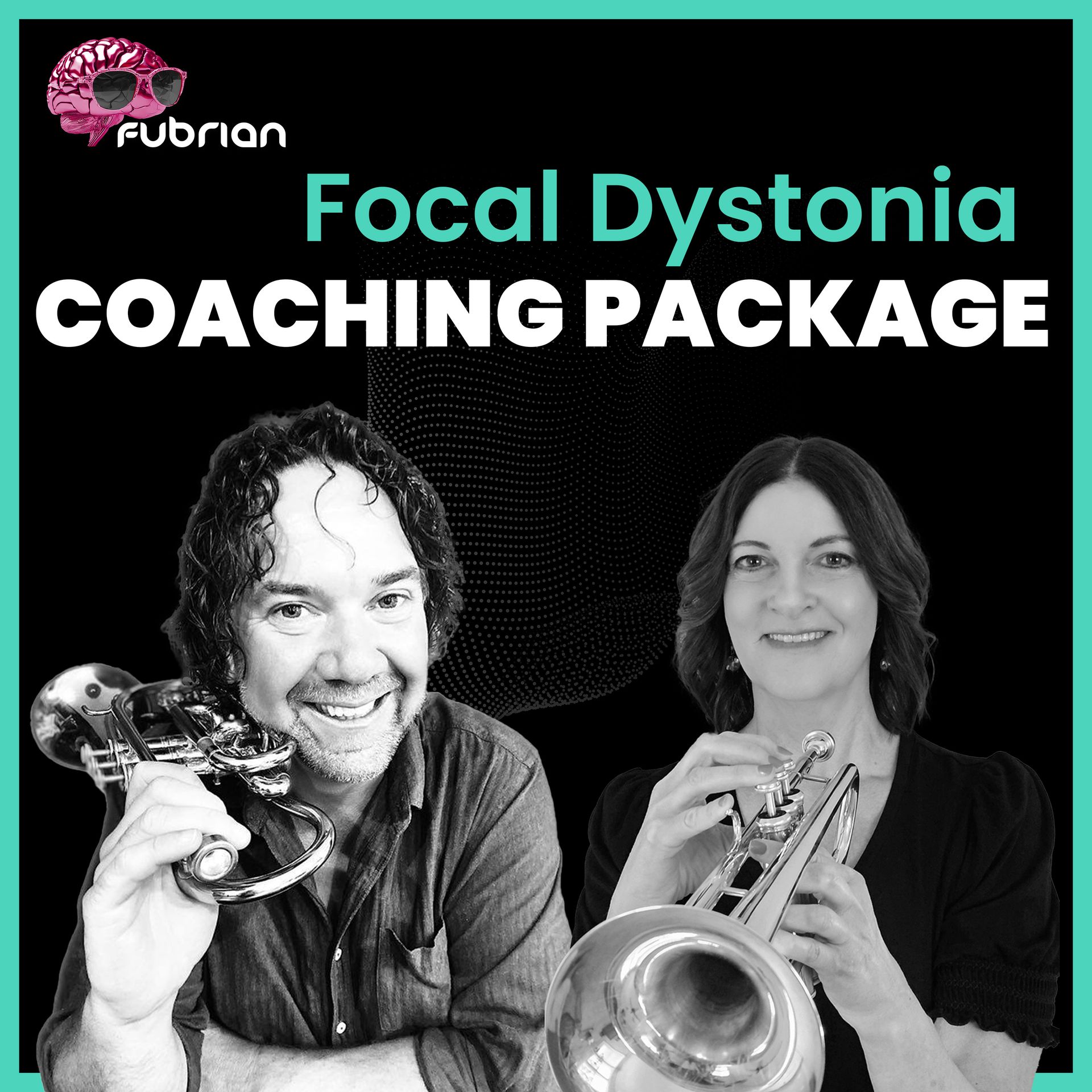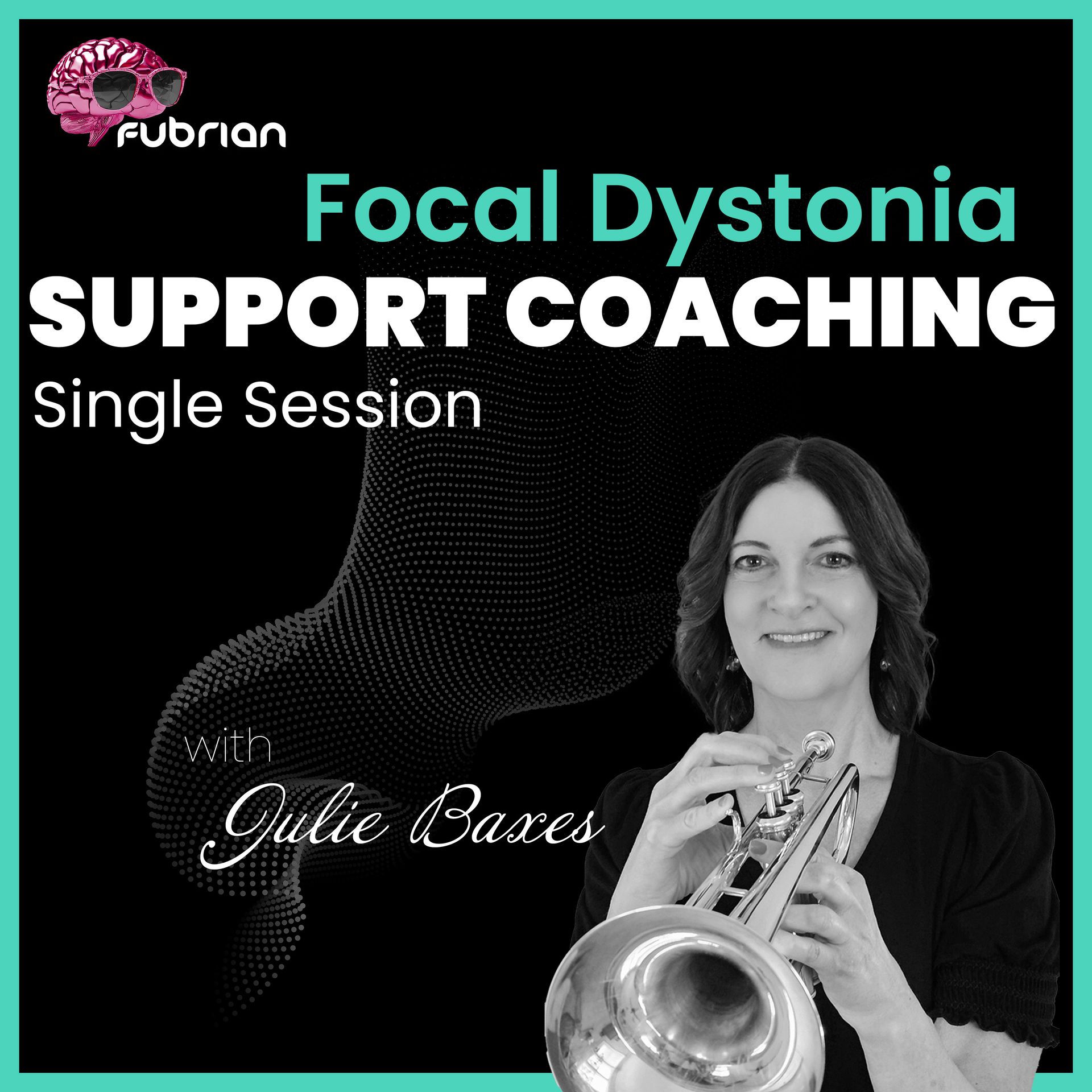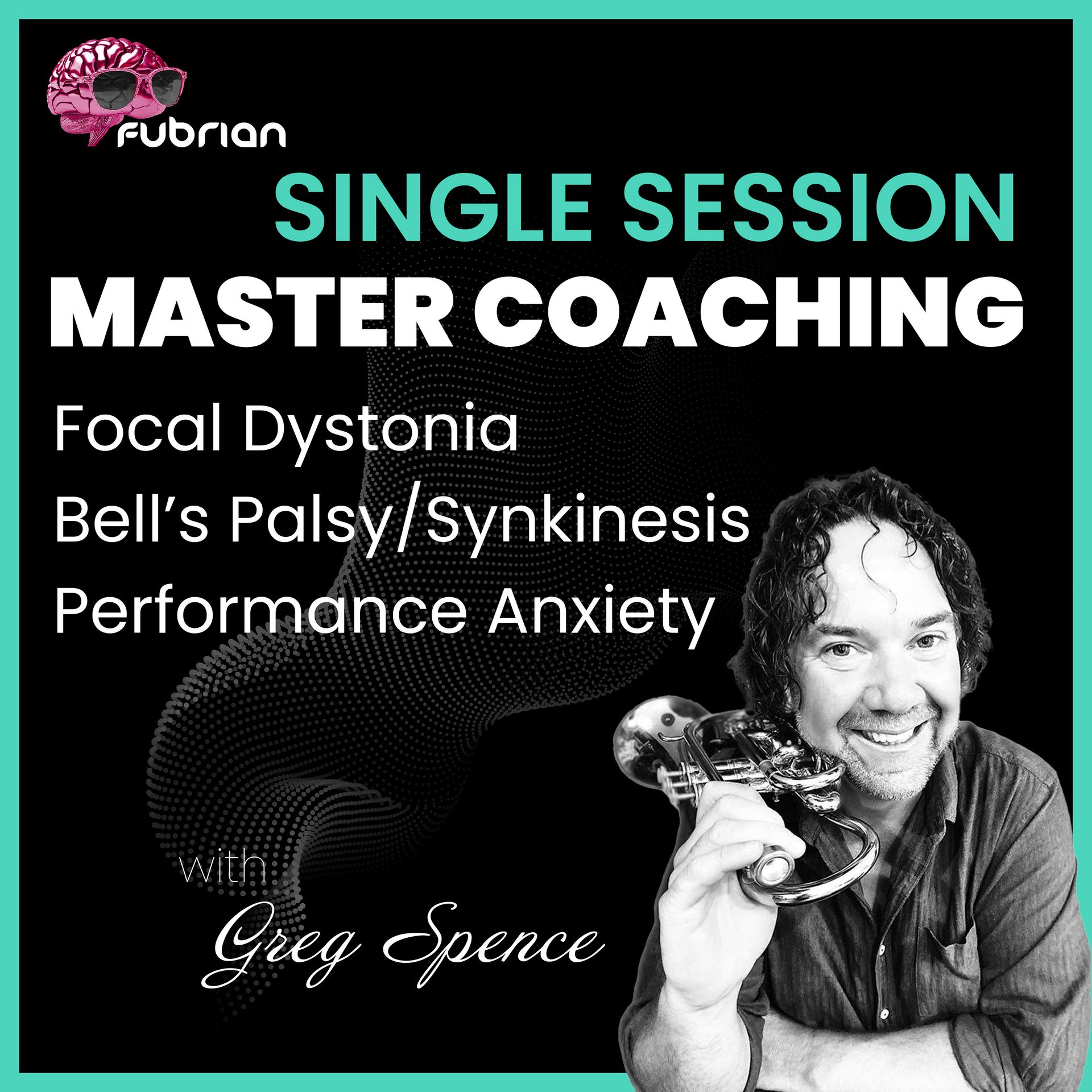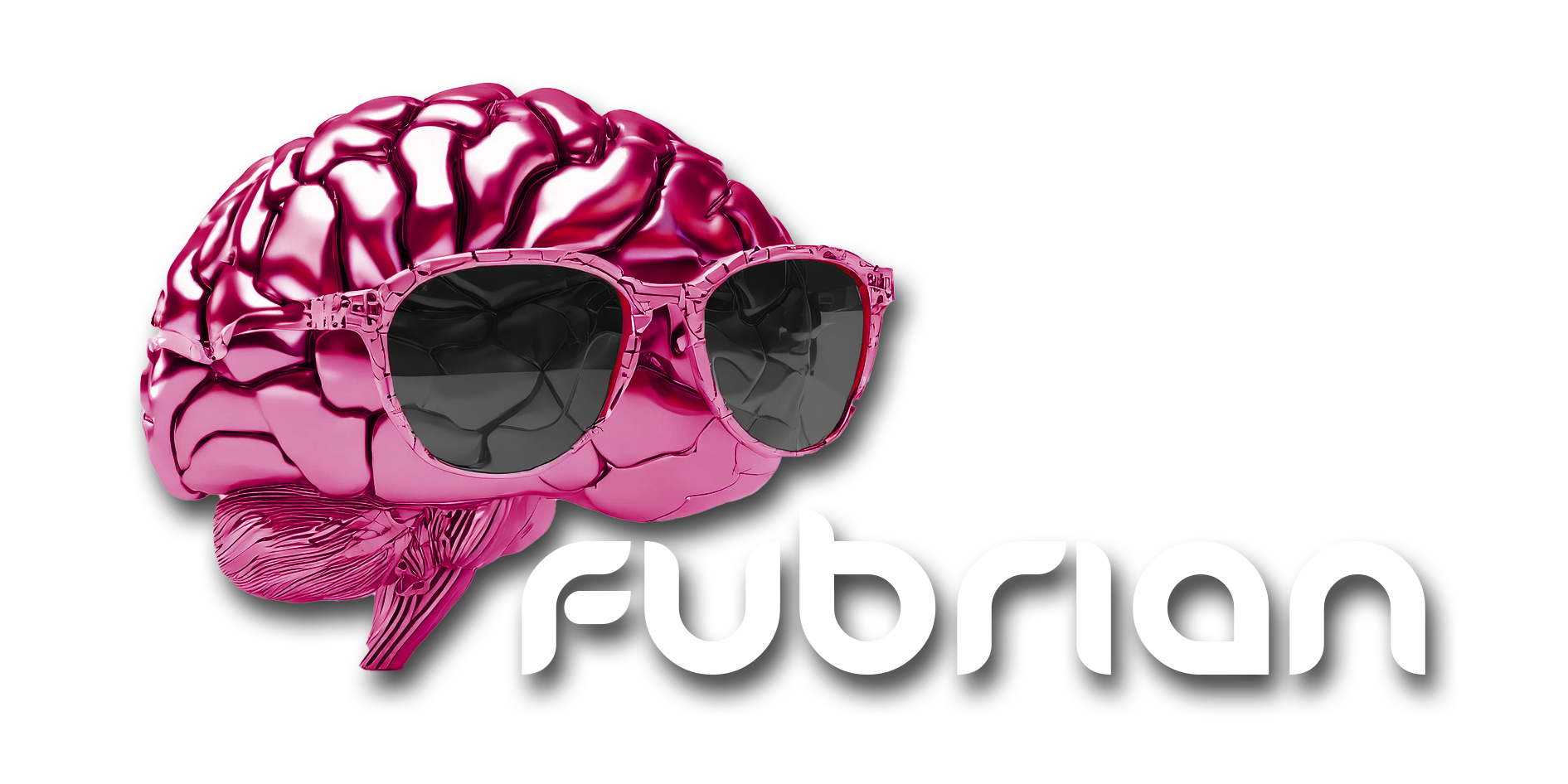
Videos
Stillness
Your Fundamental Point Of Difference
Julie describes her experience of using stillness as an important point of difference throughout musician’s dystonia recovery.
Greg explains what stillness is in our musician’s dystonia recovery system, how to create this ideal state and why it’s key to your progress.
Pack Your Parachute
Every Step In The Process Is Essential
Julie describes her experiences with impatience during musician’s dystonia recovery training and how to address mindset obstacles that can get in the way of progress.
Greg shares his insights about not rushing the recovery process and how to get the most out of our training strategies.
Are You Feeding Fear?
Recognizing This is Key to Taking Charge
Julie explains how you may unknowingly be feeding the fear of musician’s dystonia along with steps you can take to turn this around.
Greg shares his insights about the fear often associated with musician’s dystonia and how to address this so that you can move forward with your recovery.
Cards On The Table
Honesty and Clarity Will Help You Move Forward
Julie describes her experiences with trying to hide musician’s dystonia symptoms, and why accepting where you’re at and observing help you make progress.
Greg explains why you must look at musician’s dystonia symptoms to fix them, what can get in the way, and the psychology you need for recovery success.
Develop a Healthy Training Mindset
Give Your Brain the Chance to Learn
Julie shares her experiences and tips for cultivating a healthy training mindset to improve your recovery approach.
Greg explains what a healthy training mindset is and how to develop this for optimum training results.
Real -Time Discovery
Discover one of the many powerful techniques we use to begin your musician's dystonia recovery process.
Watch how Pat discovers a previously undetected tremor in his middle finger and the process used to begin recovery.
Pat is a trumpet player dealing with involuntary hand tremors primarily in the right hand.
Podcasts
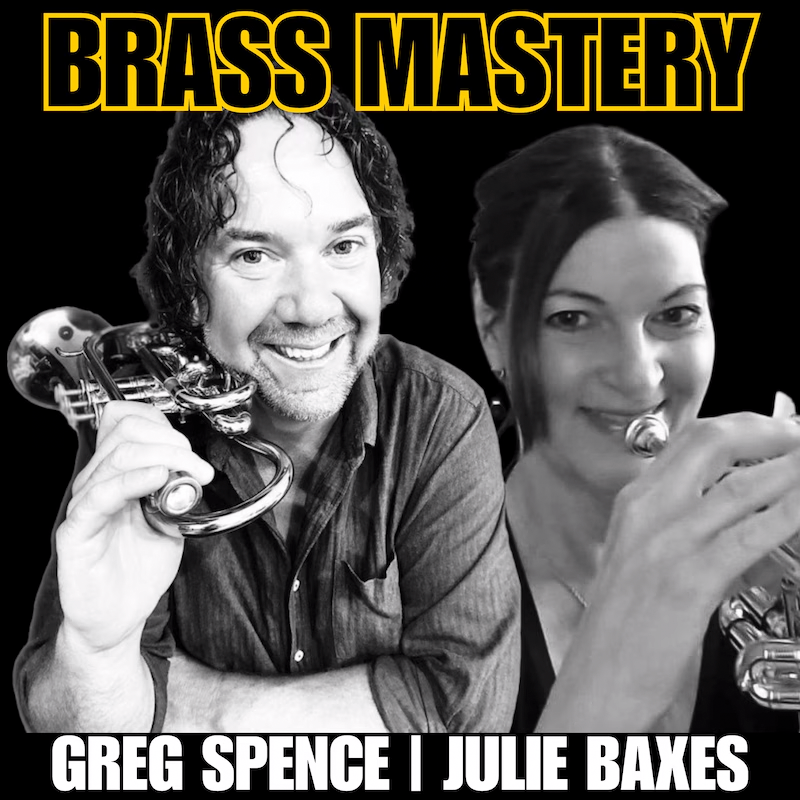
Brass Mastery-James Newcomb Podcast
In this episode with James Newcomb, Greg Spence and Julie Baxes explore steps required to overcome musician’s focal dystonia. Julie also shares struggles and triumphs of her near-recovery journey with the help of Greg’s structured coaching approach.
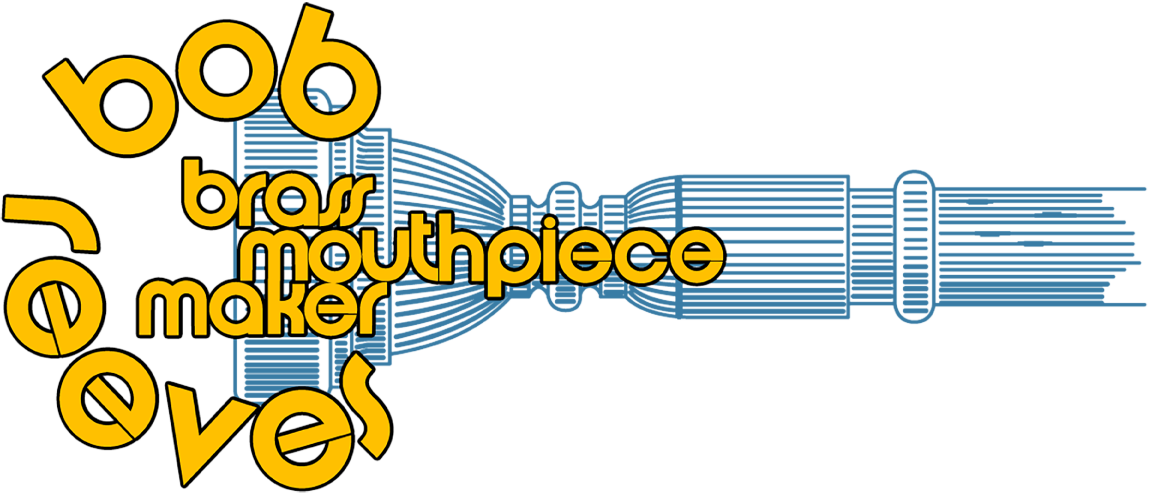
Bob Reeves Podcast with Greg Spence and Julie Baxes
Host John Snell interviews Greg Spence and Julie Baxes about their remarkable work to understand musician’s focal dystonia and how to recover from it. Greg and Julie also share tips and insights to help affected musicians.
Reading Material
Self-care Tips During Focal Dystonia Recovery
Here are some things you may want to consider doing to help nourish brain function and
promote relaxation during recovery:
- Maintaining a normal sleep schedule and getting 7-8 hours of sleep each night.
- Walking daily and adding in other exercise that you enjoy, such as swimming, cycling or hiking
- Adjust caffeine intake if you notice that caffeine seems to make you more tense or anxious.
- Eating as healthy as you can.
- Adding in a daily nervous system soother such as yoga, meditation or Tai Chi.
- Doing focused deep breathing daily.
Book Your Recovery Session Now
Start your journey to healthy playing today by booking in your recovery session.

